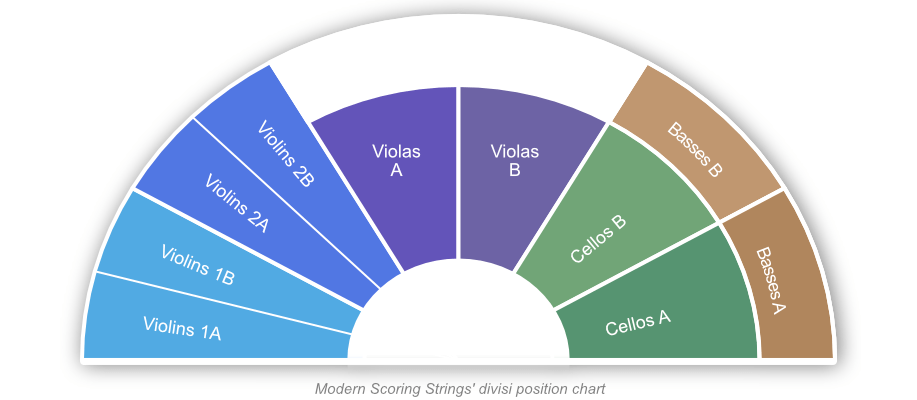markleake
Relapsed Sale Addict
I often start writing a piece by playing around with different string libraries. I will try ideas, various articulations, move between the libraries, or move between different instruments within the libraries. Sometimes I'll copy lines between them. All this to get inspired and to get ideas down easily.
Doing that today, what stood out to me was how hard CSS (Cinematic Studio Strings) is to write with, compared to other libraries. I tried some lines that I thought were pretty straight forward, a mix of medium legato and shorter notes. But even playing it in at moderate speed I just couldn't get CSS to behave - there were notes that didn't sound, emphasis on wrong notes, big inconsistencies with volumes, etc. Playing with CC, velocity, and switching legato types didn't get me anything much better. I tried a number of other string libraries, and all of them handled the lines much better. I really tried to make CSS work, but after a few mins it became obvious it would be very time consuming, so I moved on.
Maybe I'm being too hard on CSS? I know it's well liked around here. I have used it a fair bit now over the years and have enjoyed it. But I find it is very limiting sometimes. It's more like it wants to write what it likes, what works for it, and will become finicky when I try and write what I want. I find myself moving away from CSS because of that; it just doesn't seem to work well for me anymore as a general library.
So I thought I'd ask the question here... which string librarie(s) do you gravitate to as your everyday library? What do you find is the easiest to write with, for strings and other parts? If you do write with CSS, how do you find it, and how do you get around the difficulties with it? Have you moved on to using something else?
Doing that today, what stood out to me was how hard CSS (Cinematic Studio Strings) is to write with, compared to other libraries. I tried some lines that I thought were pretty straight forward, a mix of medium legato and shorter notes. But even playing it in at moderate speed I just couldn't get CSS to behave - there were notes that didn't sound, emphasis on wrong notes, big inconsistencies with volumes, etc. Playing with CC, velocity, and switching legato types didn't get me anything much better. I tried a number of other string libraries, and all of them handled the lines much better. I really tried to make CSS work, but after a few mins it became obvious it would be very time consuming, so I moved on.
Maybe I'm being too hard on CSS? I know it's well liked around here. I have used it a fair bit now over the years and have enjoyed it. But I find it is very limiting sometimes. It's more like it wants to write what it likes, what works for it, and will become finicky when I try and write what I want. I find myself moving away from CSS because of that; it just doesn't seem to work well for me anymore as a general library.
So I thought I'd ask the question here... which string librarie(s) do you gravitate to as your everyday library? What do you find is the easiest to write with, for strings and other parts? If you do write with CSS, how do you find it, and how do you get around the difficulties with it? Have you moved on to using something else?
Last edited by a moderator:








